NOTICE
ANSM - Updated on : 01/10/2025
Product name
IMODIUMDUO, tablet
Loperamide hydrochloride / Simeticone
Sidebar
Please read this leaflet carefully before taking this medicine, as it contains important information for you.
Always take this medicine exactly as it is prescribed by your doctor, pharmacist or pharmacist.
- Keep this leaflet. You may need to read it again.
- Ask your pharmacist for any advice or information you may need.
- If you experience any of the side effects listed above, please tell your doctor or pharmacist. This also applies to any side effects not mentioned in this leaflet. See section 4.
- You should contact your doctor if you do not feel any improvement or if you feel less well after 2 days.
What does this leaflet contain?
1. What is IMODIUMDUO, tablet and what is it used for?
2. What do I need to know before taking IMODIUMDUO, tablet?
3. How do I take IMODIUMDUO, tablet?
4. What are the possible side effects?
5. How do I keep IMODIUMDUO, tablet?
6. Package contents and other information.
1. WHAT IS IMODIUMDUO, tablet AND WHAT IS IT USED FOR?
The tablets contain two active ingredients:
- Loperamide hydrochloride, which helps to reduce diarrhoea by slowing intestinal transit. It also helps to increase the absorption of water and salts from the intestine.
- Simeticone, which acts by facilitating the coalescence of gas bubbles in the intestine that cause bloating and spasmodic pain.
IMODIUMDUO, tablet is used in adults and children aged 12 and over to treat acute diarrhoea with spasmodic pain, bloating and flatulence.
2. WHAT DO I HAVE TO KNOW BEFORE TAKING IMODIUMDUO, tablet?
Never take IMODIUMDUO, tablet:
- in children under 12 years of age,
- if you are allergic (hypersensitive) to loperamide, simeticone or any of the other ingredients of these tablets (see section 6),
- if you have a high fever (i.e. above 38°C) or if you have blood in your stools,
- if you suffer from chronic bowel or colon disease, particularly during acute flare-ups of ulcerative colitis,
- if your diarrhea occurs after taking antibiotics,
- if you suffer from constipation or abdominal swelling.
Warnings and precautions
Talk to your doctor or pharmacist before using IMODIUMDUO, tablet.
- IMODIUMDUO, tablet treats only the symptoms of diarrhea. In some cases, the cause of the diarrhea must be treated. If symptoms persist or worsen, contact your doctor. If you suffer from severe diarrhea, your body loses more fluids, sugars and salts than normal. You will need to rehydrate by drinking more fluids than usual. Ask your pharmacist for advice on rehydration solutions that compensate for fluid, sugar and salt losses.
- if you are a carrier of the AIDS virus and your belly swells, stop treatment immediately and contact your doctor.
- if you suffer from liver disease, check with your doctor before taking this medication. Some side effects may be more troublesome.
Only use this product for its intended purpose (see section 1) and never take more than the recommended dose (see section 3). Serious heart problems (symptoms may include rapid or irregular heartbeat) have been reported in patients who have taken too much loperamide, one of the active ingredients in IMODIUMDUO, tablet.
In the case of acute diarrhea, symptoms generally disappear within two days. If symptoms persist after this period, stop taking this medicine and contact your doctor.
Important information about certain ingredients of IMODIUMDUO, tablet :
This medicine contains less than 0.026 mg benzyl alcohol per tablet. Benzyl alcohol may cause allergic reactions. Ask your doctor or pharmacist for advice if you suffer from liver or kidney disease, or if you are pregnant or breast-feeding. Large quantities of benzyl alcohol may accumulate in your body and cause side effects (known as "metabolic acidosis").
This medicine contains less than 1 mmol (23 mg) of sodium per tablet, i.e. it is essentially "sodium-free".
This medicine contains less than 0.00044 mg alcohol (ethanol) per tablet. The small amount of alcohol contained in this medicine is unlikely to have any noticeable effect.
This medicine contains maltodextrin, which contains glucose. If your doctor has informed you that you are intolerant to certain sugars, contact him/her before taking this medicine.
Children
Children under 12 years of age should not take IMODIUMDUO, tablet.
Other medicines and IMODIUMDUO, tablet
Tell your doctor or pharmacist if you are taking, have recently taken or may take any other medicines, including:
- Quinidine (used to treat heart rhythm abnormalities and malaria)
- Litraconazole or ketoconazole (antifungal drugs)
- Gemfibrozil (used to treat high cholesterol)
- Ritonavir (used to treat HIV infection and AIDS)
- Desmopressin (used to limit thirst and urine production in patients suffering from diabetes insipidus)
If you are taking or have recently taken any other medicines, including medicines obtained without a prescription, talk to your doctor or pharmacist as IMODIUMDUO, tablet may interact with them.
Pregnancy and breast-feeding
Pregnancy
If you are pregnant, think you may be pregnant or are planning to become pregnant, ask your doctor or pharmacist for advice before taking this medicine.
Breast-feeding
IMODIUMDUO, tablet is not recommended if you are breast-feeding. Small amounts may be excreted in breast milk.
Driving and using machines
You may drive and operate machinery except if you feel tired, dizzy or sleepy.
3. HOW DO I TAKE IMODIUMDUO, tablet?
Always take IMODIUMDUO exactly as instructed in this leaflet, or as directed by your doctor or pharmacist. Check with your doctor or pharmacist if in doubt.
- Swallow the appropriate number of tablets whole with a glass of water.
- Oral use
- Do not take more tablets than the recommended dose.
Use in adults over 18
Start by taking 2 tablets for the first dose, then if diarrhea continues, take 1 additional tablet after each loose stool. Do not exceed 4 tablets per day. If symptoms persist after 2 days of treatment, discontinue and contact your doctor.
Use in children and adolescents 12 to 18 years of age
Start by taking 1 tablet for the first dose, then if diarrhea continues, take 1 additional tablet after each unformed stool. Do not exceed 4 tablets per day. If symptoms persist after 2 days of treatment, discontinue and contact your doctor.
Use in children and adolescents under 12 years of age
Do not give tablets to children under 12 years of age.
If you have taken more IMODIUMDUO, tablet than you should have :
If you have taken too much IMODIUMDUO, tablet, seek immediate medical or hospital advice. Symptoms may include: increased heart rate, irregular heartbeat, changes in your heart rhythm (these symptoms can be potentially serious and life-threatening), muscle stiffness, uncoordinated movements, drowsiness, difficulty urinating, respiratory distress, dry mouth or your pupils may narrow. You may experience abdominal pain, stomach ache or vomiting, or constipation.
Children react more strongly to high doses of IMODIUMDUO, tablet than adults. If a child takes too much or experiences any of the above symptoms, contact a doctor immediately.
If you forget to take IMODIUMDUO, tablet :
Take one tablet after your next loose bowel movement. Do not take a double dose to make up for the one you missed.
If you have any further questions about the use of this medicine, please ask your doctor or pharmacist.
4. WHAT ARE THE POSSIBLE SIDE EFFECTS?
Like all medicines, this drug may cause undesirable effects, but they do not occur systematically in everyone.
If you experience any of the following symptoms, stop taking this medicine and tell your doctor immediately:
Allergic reaction including swelling of the face, tongue and throat, difficulty swallowing, unexplained sneezing, shortness of breath which may be accompanied by skin rash and urticaria.
Undetermined frequency (cannot be estimated on the basis of available data) : Pain in the upper abdomen, abdominal pain radiating to the back, tenderness of the abdomen to touch, fever, rapid pulse, nausea, vomiting, which may be symptoms of inflammation of the pancreas (acute pancreatitis).
If you experience any of the following symptoms, stop taking this medicine and tell your doctor:
- Difficulty in urinating,
- Severe abdominal pain, protrusion or swelling of the stomach, or fever, which may be caused by obstruction or dilatation of the bowel,
- Severe constipation.
Other effects that may occur :
Common adverse reactions (less than 1 in 10 but more than 1 in 100 people):
- Headache,
- Nausea,
- Taste alteration.
Uncommon adverse reactions (less than 1 in 100 but more than 1 in 1,000 people):
- Drowsiness,
- dizziness,
- Weakness,
- Constipation,
- Vomiting,
- Indigestion,
- Flatulence,
- Dry mouth,
- Rash.
Rare adverse reactions (less than 1 in 1,000 but more than 1 in 10,000 persons):
- Loss or reduction of consciousness,
- Narrowing of the pupils,
- Skin rash which may lead to severe blistering and peeling of the skin,
- Urticaria,
- Itching,
- Fatigue
- Muscle tension
- Uncoordinated movements
Reporting side effects
If you experience any side effects, please tell your doctor or pharmacist. This also applies to any side effects not mentioned in this leaflet. You can also report adverse reactions directly via the national reporting system: Agence nationale de sécurité du médicament et des produits de santé (ANSM) and the network of Centres Régionaux de Pharmacovigilance - Website: https://signalement.social-sante.gouv.fr/
By reporting adverse reactions, you are helping to provide more information on drug safety.
5. HOW TO CONSERVE IMODIUMDUO, tablet?
Keep out of sight and reach of children.
Do not use this medicine after the expiration date indicated on the box and blister. The expiration date refers to the last day of that month.
No special storage precautions.
Do not dispose of any medicine with your household waste . Ask your pharmacist to dispose of any medicines you no longer use. These measures will help protect the environment.
6. CONTENTS AND OTHER INFORMATION
What IMODIUMDUO, tablet contains
- The active ingredients are :
Loperamide hydrochloride ..................................................................................................... 2 mg
Dimeticone in the form of simeticone .................................................................................. 125 mg
For one tablet.
- The other components are :
Calcium hydrogen phosphate, microcrystalline cellulose, acesulfame potassium, artificial vanilla flavor (containing propylene glycol, maltodextrin, ethanol and benzyl alcohol), sodium carboxymethyl starch (type A) and stearic acid.
What IMODIUMDUO, tablet is and what it contains
This medicine comes in the form of a white, capsule-shaped tablet, engraved " IMO " on one side and "2/125" on the other.
Boxes of 6, 8, 10, 12, 15, 16, 18 or 20 tablets.
Not all presentations may be marketed.
Marketing authorization holder
JOHNSON & JOHNSON SANTE BEAUTE FRANCE
43, RUE CAMILLE DESMOULINS
92130 ISSY LES MOULINEAUX
Marketing authorization holder
KENVUE France
41 RUE CAMILLE DESMOULINS
91230 ISSY-LES-MOULINEAUX
Manufacturer
JNTL CONSUMER HEALTH (France) SAS
DOMAINE DE MAIGREMONT
27100 VAL DE REUIL
Product names in member states of the European Economic Area
This product is authorized in the member states of the European Economic Area under the following names: In accordance with current regulations.
[To be completed later by the holder].
The last date on which this leaflet was revised was :
[to be completed later by the holder]
< {MM/YYYY}>< {month/YYYY}.>
Other
Detailed information on this drug is available on the ANSM (France) website.
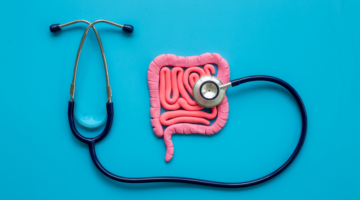
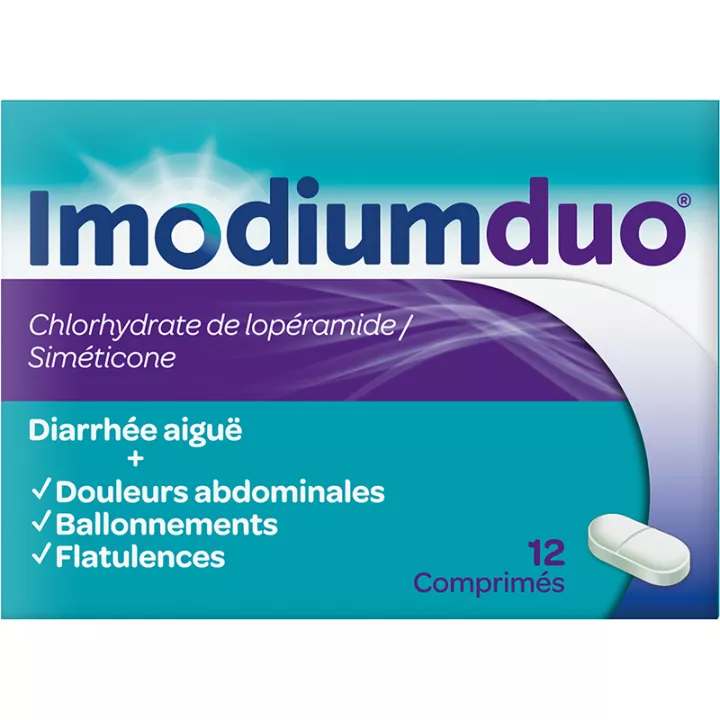


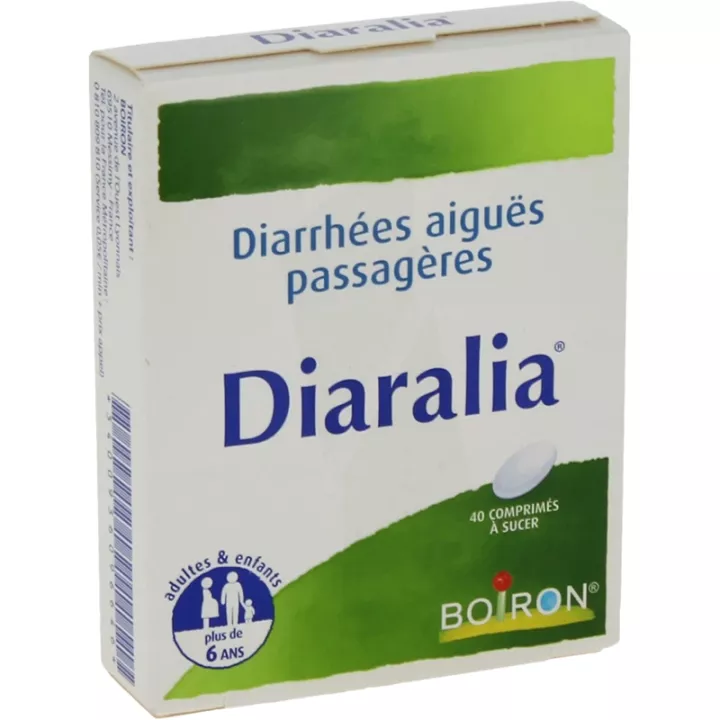
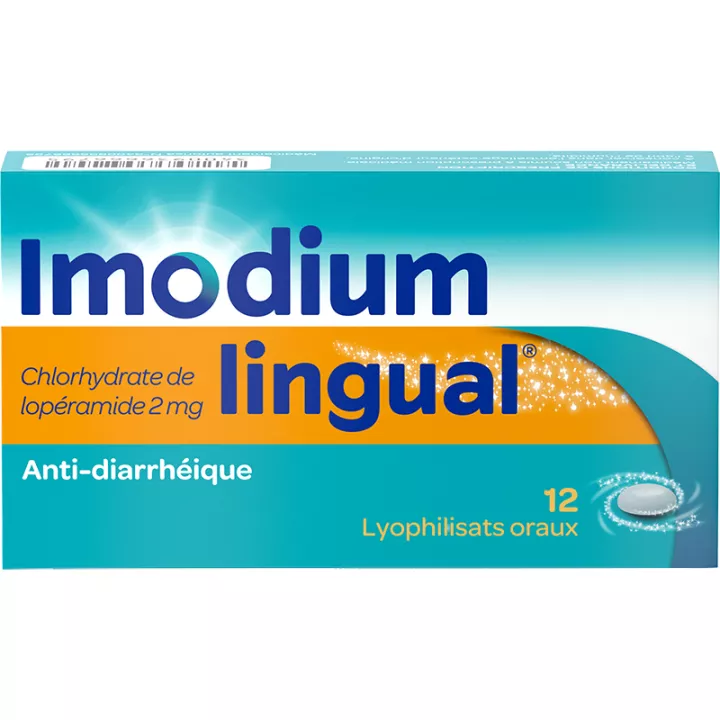
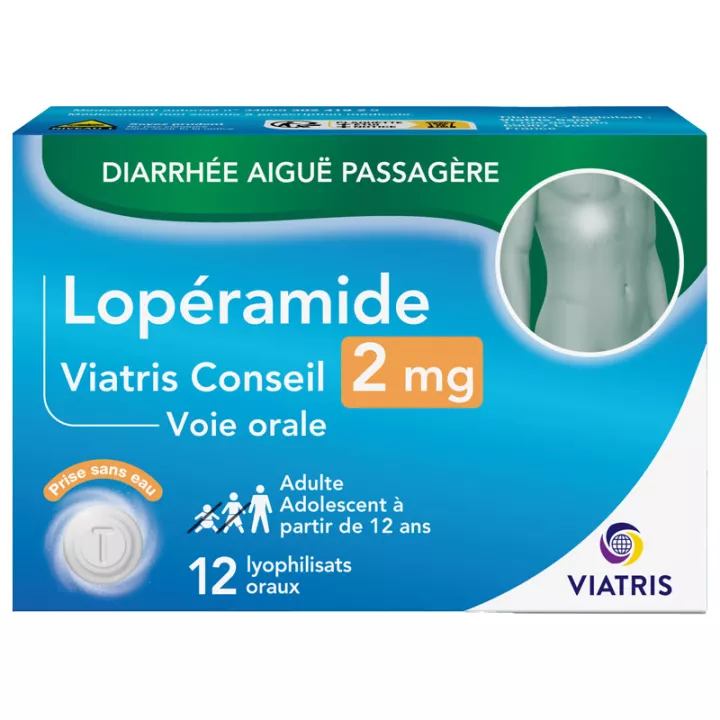
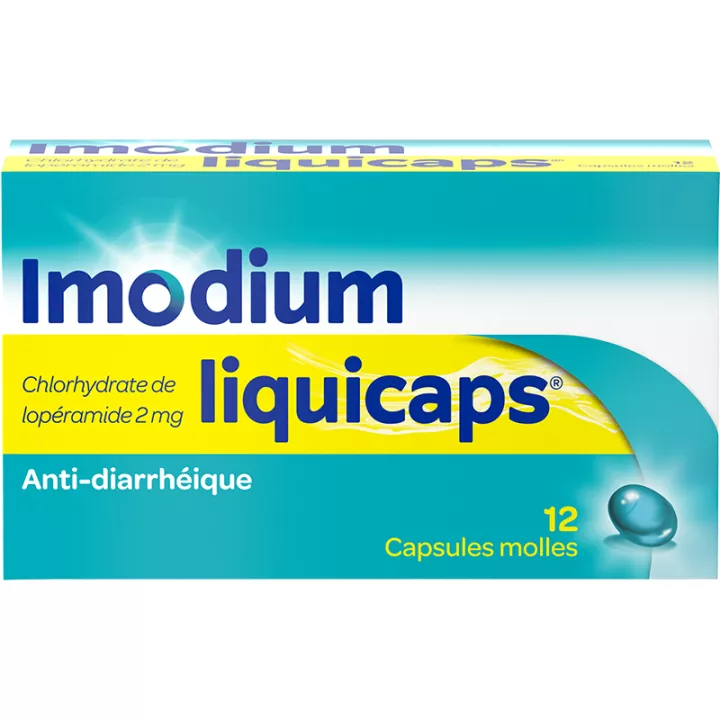
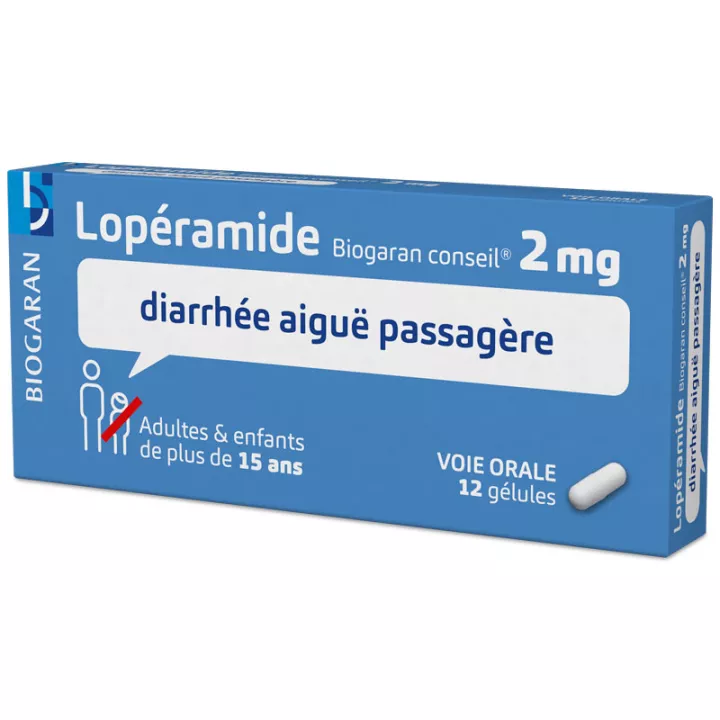

 If you are going to drive or operate dangerous machinery, check beforehand that this medicine does not impair your alertness.
If you are going to drive or operate dangerous machinery, check beforehand that this medicine does not impair your alertness.






